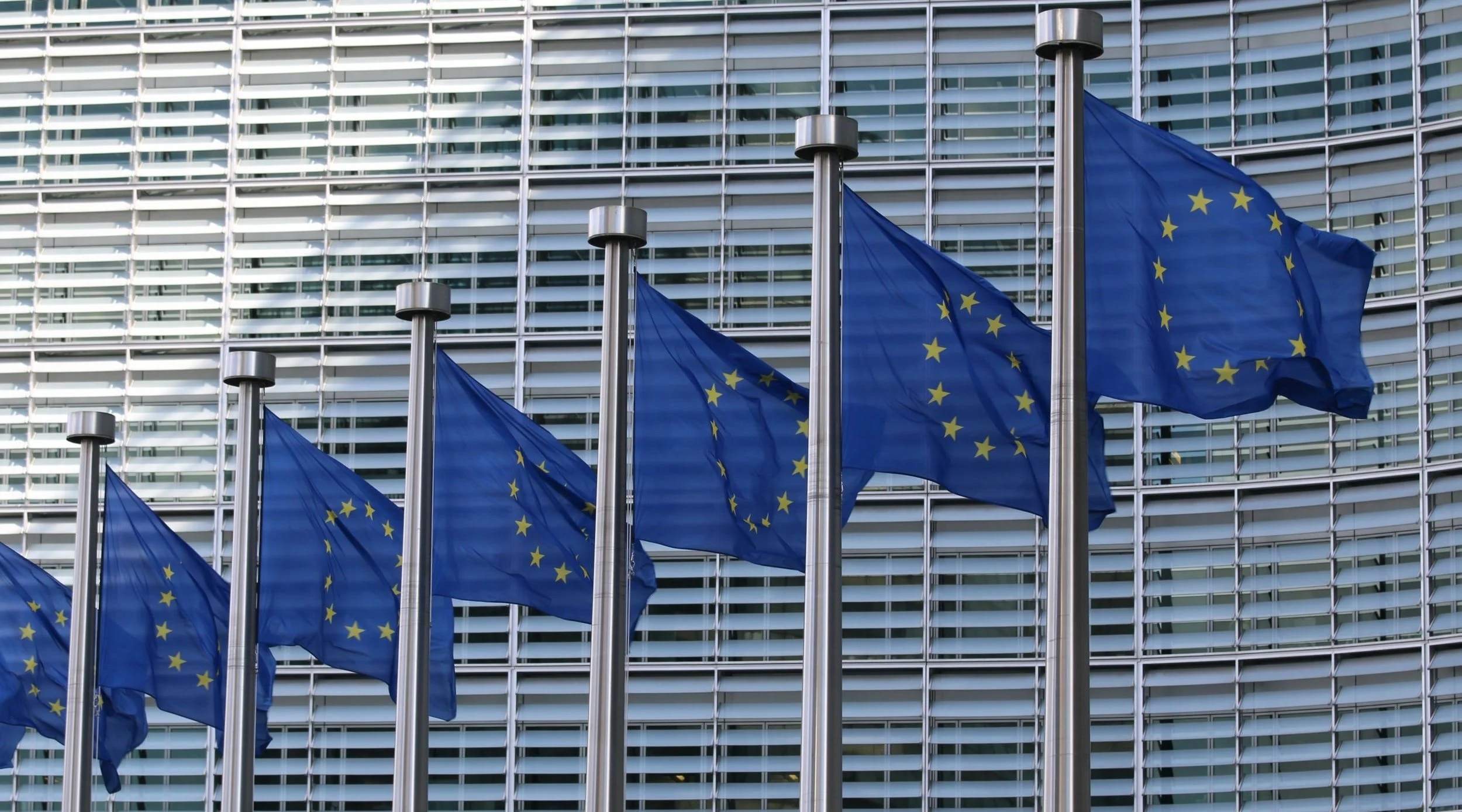The Telegraph: EU Carriers Seek to Stop Private Relay
Image via Unsplash
Four wireless carriers in the EU are trying to keep Apple from implementing Private Relay. Announced last year at WWDC, Apple’s site on the subject says:
Normally when a user browses the web, basic information related to their web traffic, such as their IP address and DNS records, can be seen by network providers and the websites they visit. This information can be used to determine the user’s identity and build a profile of their location and browsing history over time. A user can then be targeted with unwanted ads and marketing campaigns, or have their data combined with additional data and sold to other companies.
Private relay is meant to stop that, which probably explains why carriers would want to stop Private Relay. Harder to monetize anonymous shopping and surfing. But, telling government agencies you want to track people so you can sell their info might be a tough sell. And so, a piece from Apple Insider says T-Mobile, Orange, Vodafone, and Telefonica have written to the European Commission asking them to block Private Relay. According to the letter (written last August but just reported on recently by The Telegraph), Apple's service “will have significant consequences in terms of undermining European digital sovereignty.”
According to the dictionary on my Mac, the top two definitions of sovereignty are, “supreme power or authority” and “the authority of a state to govern itself or another state.” It honestly sounds like the kind of argument an intelligence agency or governing body might try. In fairness, it also sounds like the kind of argument a corporation might try, if they thought it might get them what they want. From corporations though, it sounds a bit disingenuous. “Furthermore,” the carriers went on to say:
…private relay will impair others to innovate and compete in downstream digital markets, and may negatively impact operators' ability to efficiently manage telecommunication networks.
No word on what response, if any, the EC has offered the carriers.
